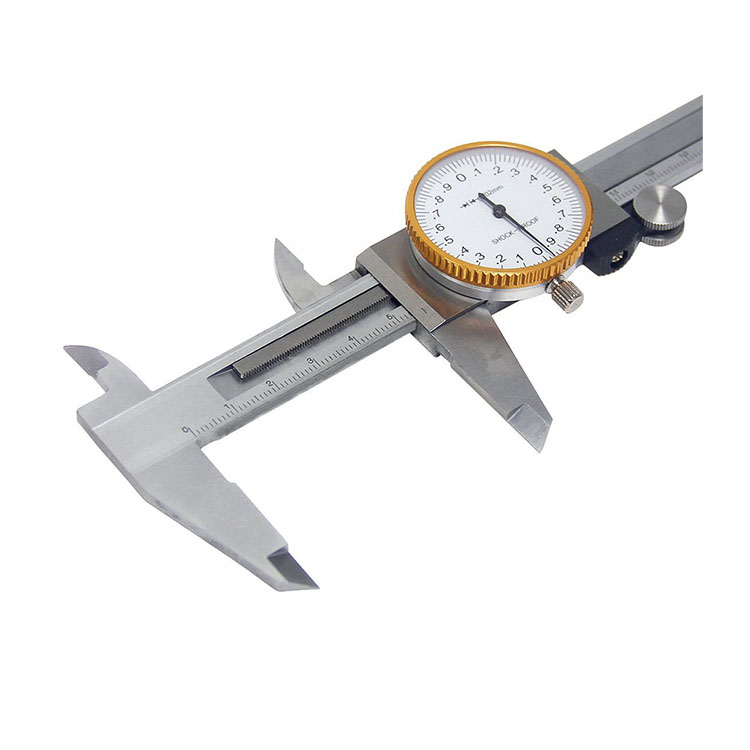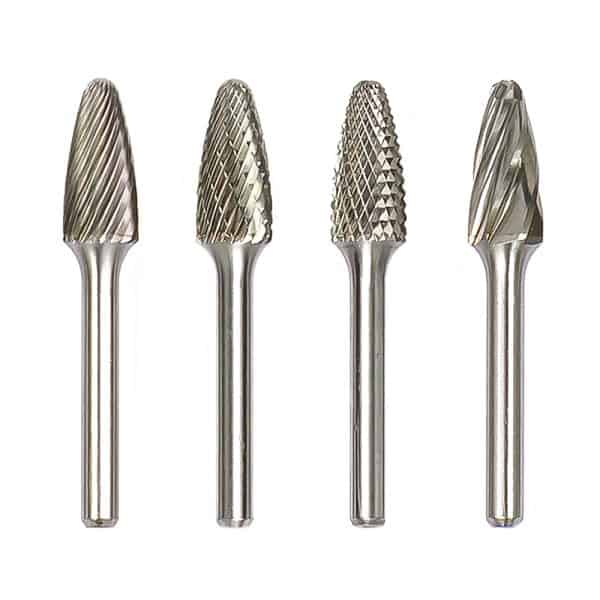Wholesale machinist measuring tools
Navigating the world of wholesale machinist measuring tools can be challenging. This guide provides a detailed overview of essential tools, considerations when buying in bulk, and tips for selecting the best suppliers. Discover the precision instruments necessary for accurate machining, ensuring quality and efficiency in your operations.
Understanding Machinist Measuring Tools
Machinist measuring tools are indispensable for precision manufacturing. These tools ensure parts meet exacting specifications, contributing to the overall quality and functionality of the finished product. Choosing the right tools and understanding their applications is vital for any machinist.
Essential Measuring Tools for Machinists
Here are some of the most crucial measuring tools every machinist should have:
- Calipers: Used for measuring outside diameters, inside diameters, and depths. Both digital and dial calipers are common.
- Micrometers: Provide very precise measurements of small distances. Outside, inside, and depth micrometers are available.
- Gauge Blocks: Used to precisely set and calibrate measuring instruments. Also known as Jo blocks.
- Indicators: Indicate variations in measurement and are often used with a magnetic base for stability. Dial indicators and test indicators are common.
- Squares: Ensure angles are at 90 degrees and surfaces are perpendicular. Combination squares and precision squares are essential.
- Protractors: Measure angles accurately. Digital protractors offer ease of use and precision.
- Rules and Scales: For general measurement tasks. Steel rules are common due to their durability.
- Height Gauges: Measure the height of parts or features. Digital height gauges provide electronic readings.
Sourcing Wholesale Machinist Measuring Tools
Buying wholesale machinist measuring tools offers significant cost savings, especially for businesses with high usage. However, it's crucial to consider factors beyond just price.
Benefits of Buying in Bulk
- Cost Savings: Purchasing in large quantities typically results in lower per-unit costs.
- Consistent Supply: Ensures you always have the necessary tools on hand, minimizing downtime.
- Standardization: Buying the same tools in bulk allows for standardization across your operations, simplifying training and maintenance.
Factors to Consider When Buying Wholesale
- Quality: Opt for reputable brands known for their accuracy and durability.
- Calibration: Ensure the tools are calibrated and traceable to national standards.
- Warranty: Check for manufacturer warranties to protect against defects.
- Supplier Reliability: Choose a supplier with a proven track record of delivering high-quality tools on time.
- Material: Consider the material of the measuring tools. Stainless steel is known for its durability and resistance to corrosion.
Selecting the Right Supplier
Choosing the right supplier is paramount for a successful wholesale machinist measuring tools purchase. Research potential suppliers thoroughly before committing to a purchase.
Key Considerations for Supplier Selection
- Reputation: Look for suppliers with positive reviews and testimonials from other customers.
- Product Range: A wide selection of tools ensures you can source everything you need from one supplier.
- Customer Service: Responsive and helpful customer service is essential for addressing any issues or concerns.
- Pricing: Compare prices from multiple suppliers to ensure you're getting a competitive rate.
- Shipping and Delivery: Ensure the supplier offers reliable shipping and delivery options.
Examples of Reputable Brands
Several brands are recognized for their high-quality machinist measuring tools:
- Mitutoyo: A leading manufacturer of precision measuring instruments.
- Starrett: Known for its durable and accurate tools.
- Brown & Sharpe: Offers a wide range of measuring solutions.
- Fowler: Provides reliable and affordable measuring tools.
Maintaining and Calibrating Your Tools
Proper maintenance and calibration are essential for ensuring the accuracy and longevity of your wholesale machinist measuring tools. Regular calibration prevents errors and maintains the integrity of your measurements.
Tips for Tool Maintenance
- Clean Tools Regularly: Wipe down tools after each use to remove dirt and debris.
- Store Tools Properly: Keep tools in a clean, dry environment to prevent rust and corrosion.
- Handle Tools Carefully: Avoid dropping or mishandling tools, as this can damage their accuracy.
Calibration Best Practices
- Establish a Calibration Schedule: Determine how frequently each tool needs to be calibrated based on its usage and criticality.
- Use a Certified Calibration Lab: Ensure your calibration lab is accredited to ISO/IEC 17025 standards.
- Document Calibration Results: Keep records of all calibration results for traceability.
Wayleading Tools: Your Partner in Precision
At Wayleading Tools, we understand the importance of precision in machining. We offer a comprehensive range of high-quality wholesale machinist measuring tools to meet the diverse needs of our customers. Contact us today to learn more about our products and services.
Conclusion
Investing in high-quality wholesale machinist measuring tools is a strategic decision that can improve the accuracy, efficiency, and profitability of your machining operations. By carefully considering your needs, selecting the right supplier, and implementing proper maintenance and calibration practices, you can ensure your tools provide reliable performance for years to come.
Disclaimer: The information provided in this article is for general guidance only. Always refer to the manufacturer's instructions and safety guidelines when using machinist measuring tools.
Related products
Related products
Best selling products
Best selling products-
 TCT Annular Cutters With Weldon Shank For Metal Cutting
TCT Annular Cutters With Weldon Shank For Metal Cutting -
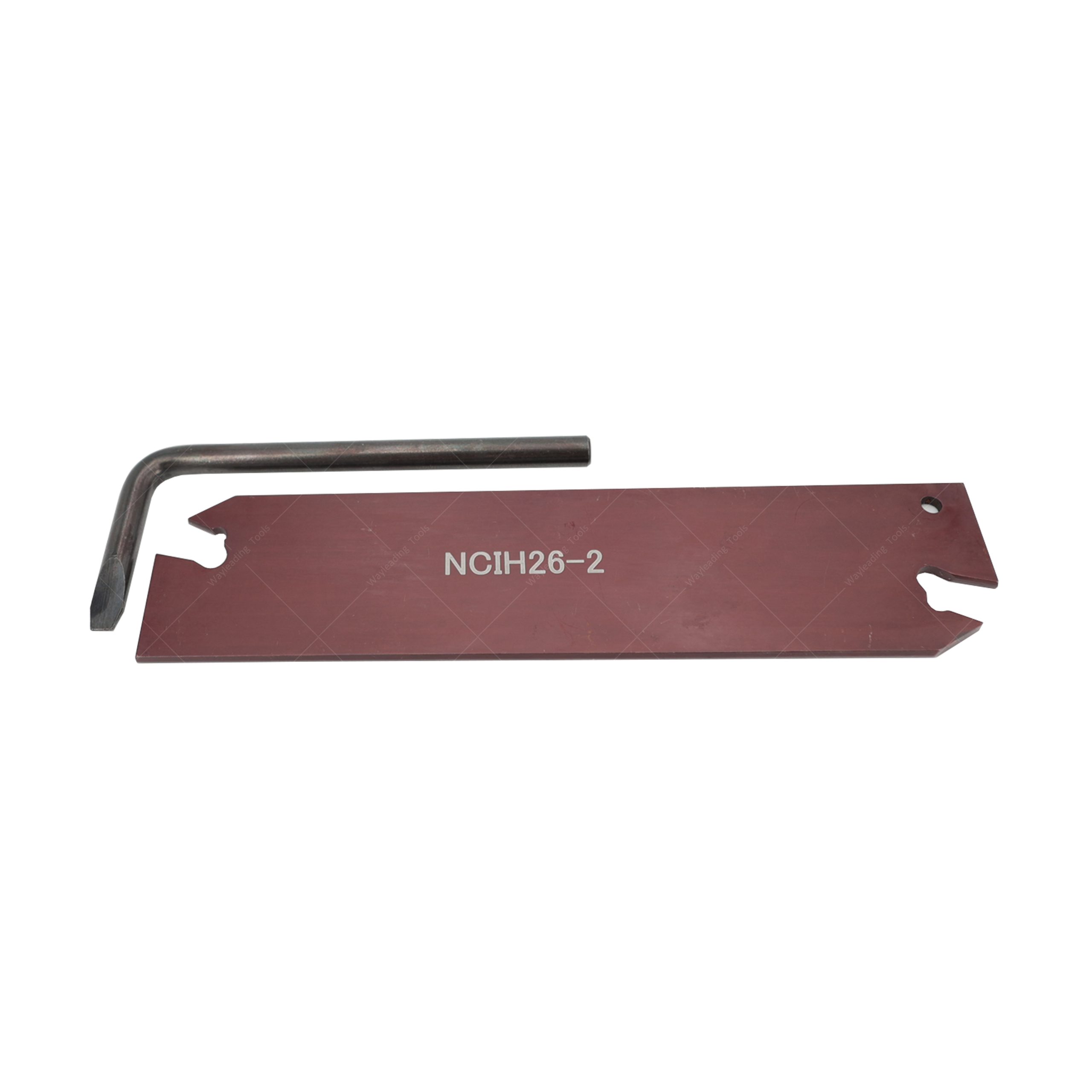 Parting & Grooving Tool Blades For GTN Blades
Parting & Grooving Tool Blades For GTN Blades -
 Adjustable Tap And Reamer Wrench For Thread Cutting Tools
Adjustable Tap And Reamer Wrench For Thread Cutting Tools -
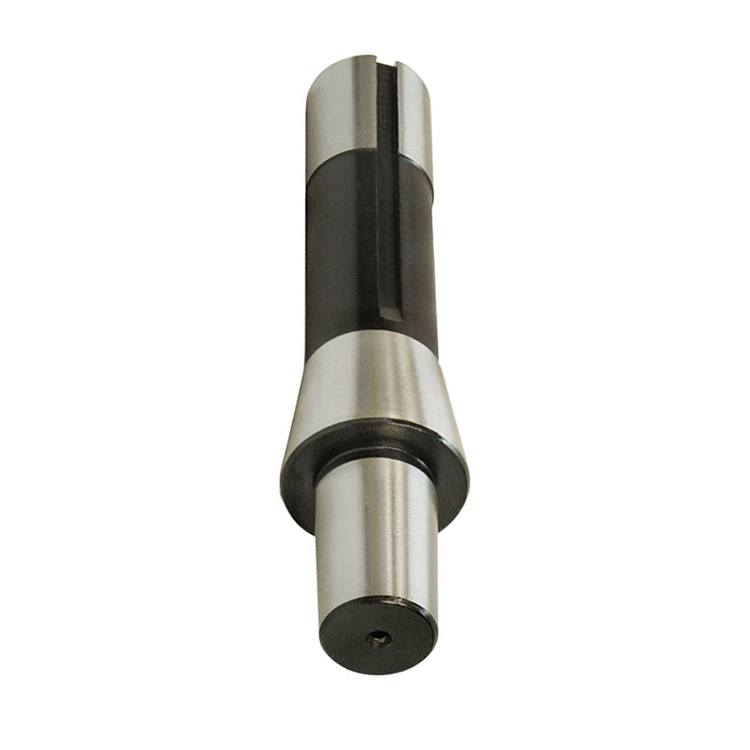 R8 Drill Chuck Arbor For Milling Machine
R8 Drill Chuck Arbor For Milling Machine -
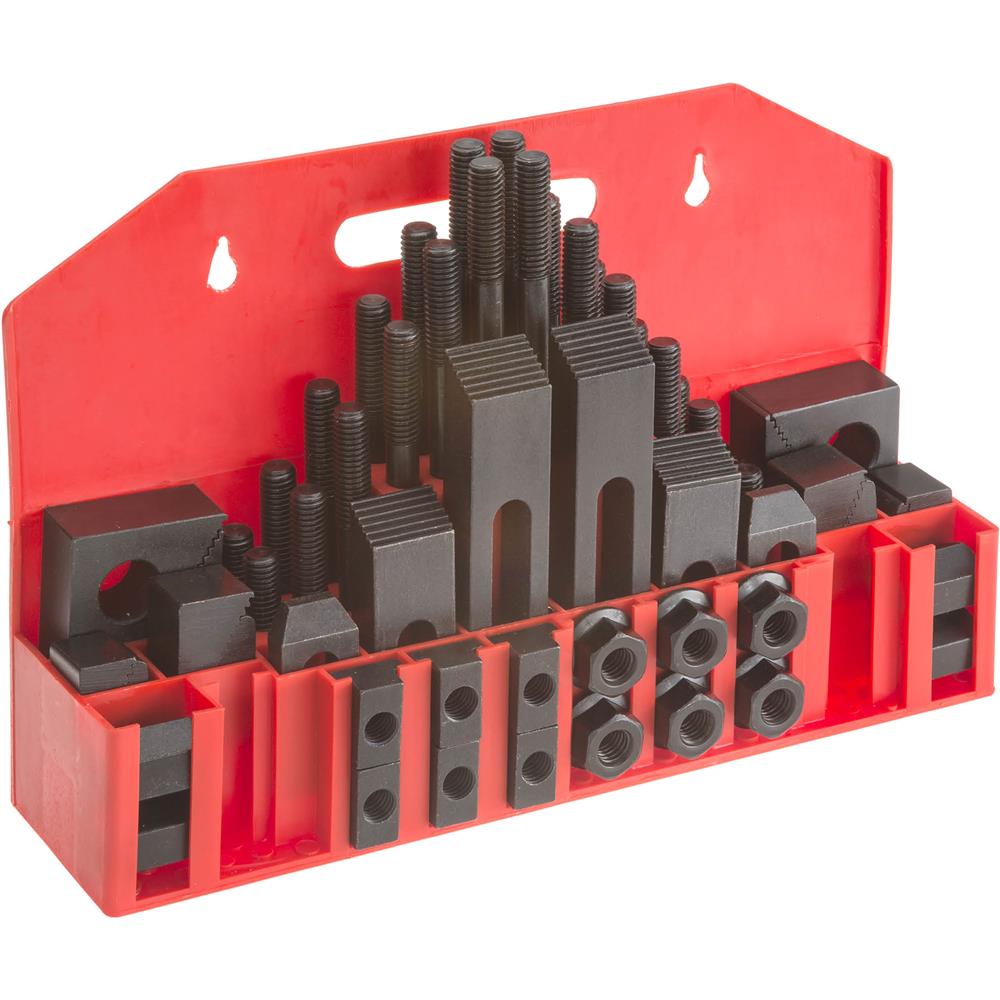 58pcs Clamping Kit With Metric & Inch Size
58pcs Clamping Kit With Metric & Inch Size -
 HSS Involute Spline Cutter With PA30
HSS Involute Spline Cutter With PA30 -
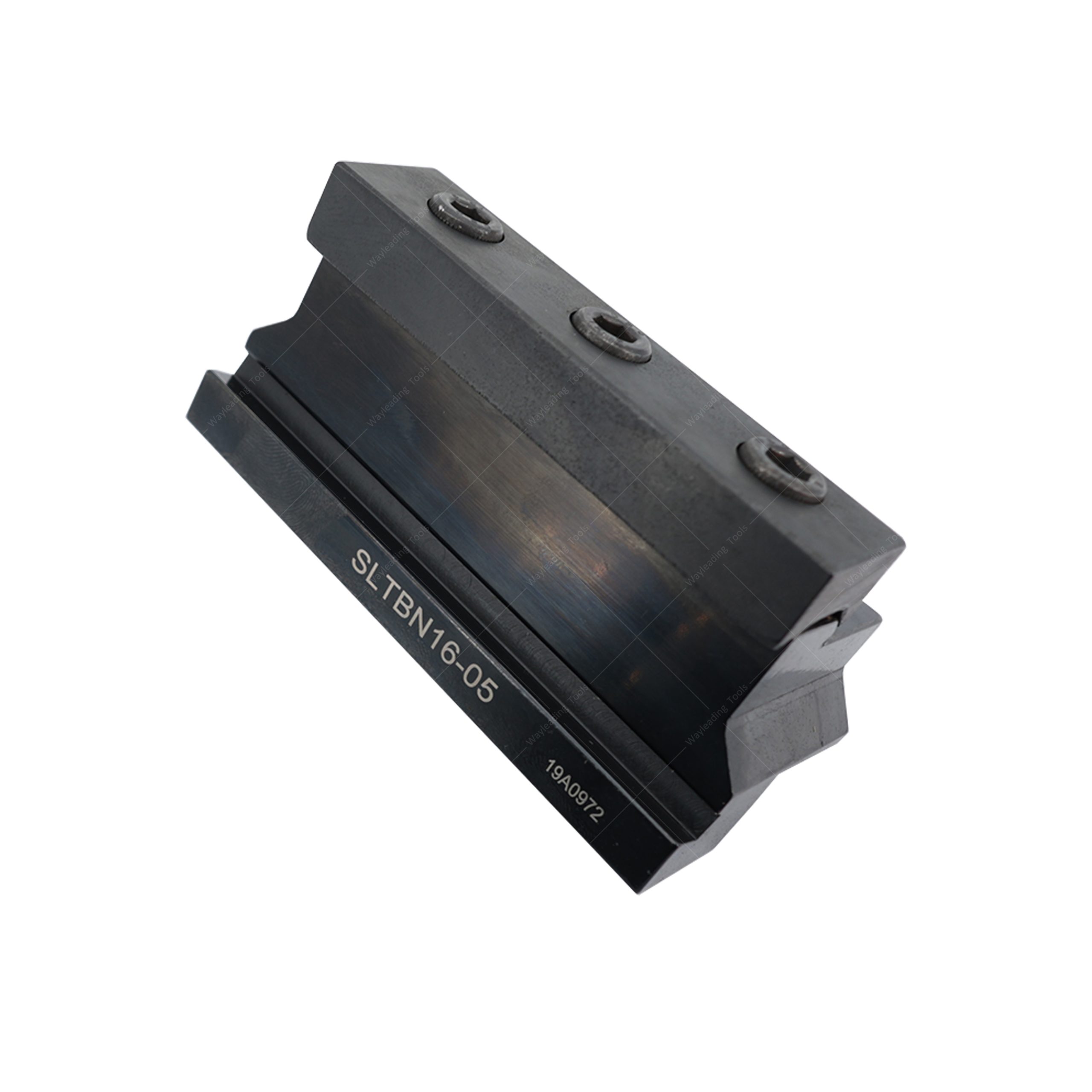 Parting & Grooving Tool Block For NCIH Blades
Parting & Grooving Tool Block For NCIH Blades -
 Precision Outside Micrometer Of Inch & Metric With Rachet Stop
Precision Outside Micrometer Of Inch & Metric With Rachet Stop -
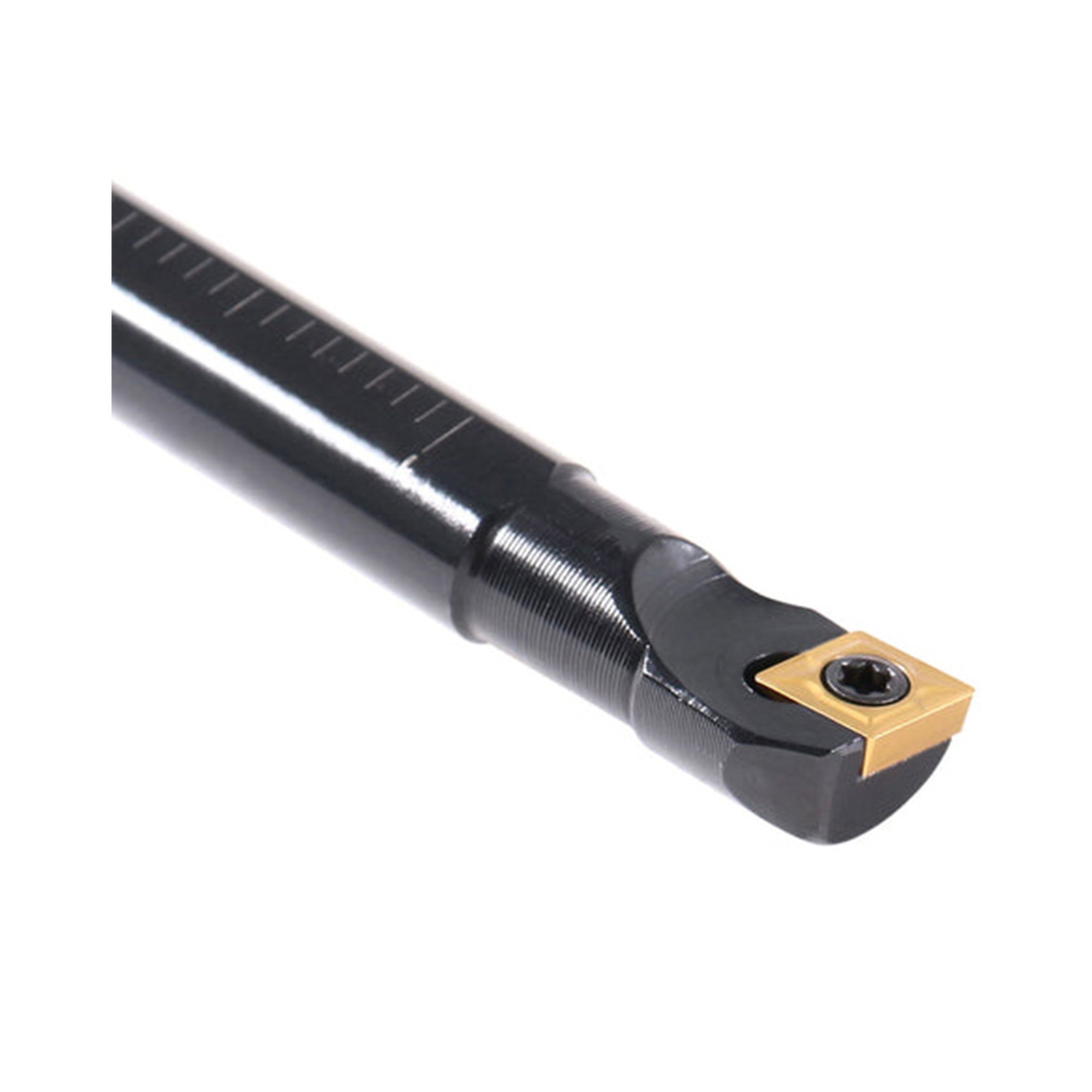 SCFC Indexable Boring Bar With Right And Left Hand
SCFC Indexable Boring Bar With Right And Left Hand -
 5C Hex Collet With Inch and Metric Size
5C Hex Collet With Inch and Metric Size -
 Precision V Block Set With High Quality Type
Precision V Block Set With High Quality Type -
 Indexable Square Shoulder End Mill For Industrial
Indexable Square Shoulder End Mill For Industrial


